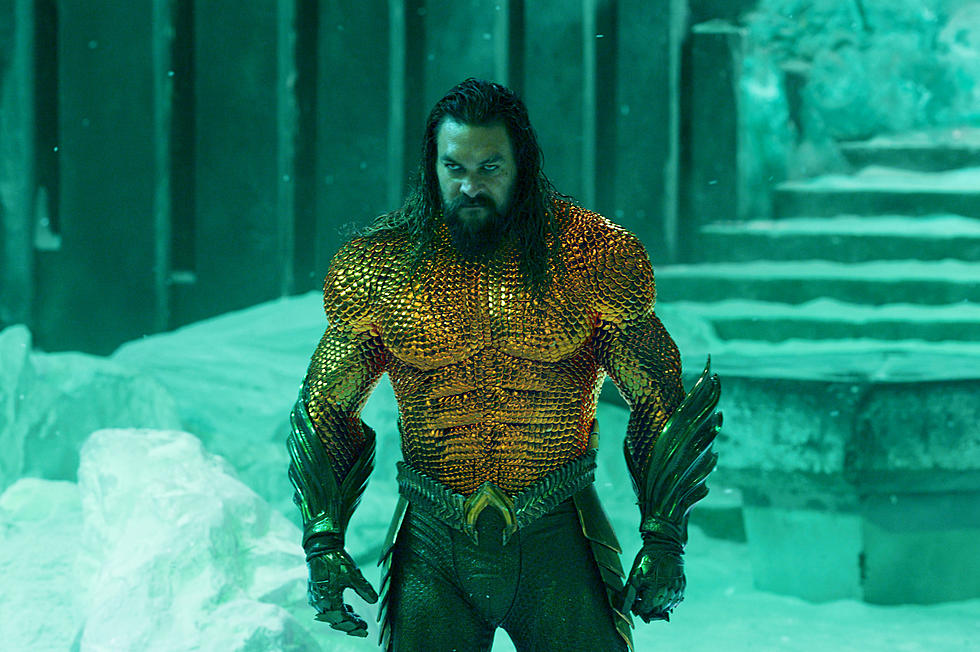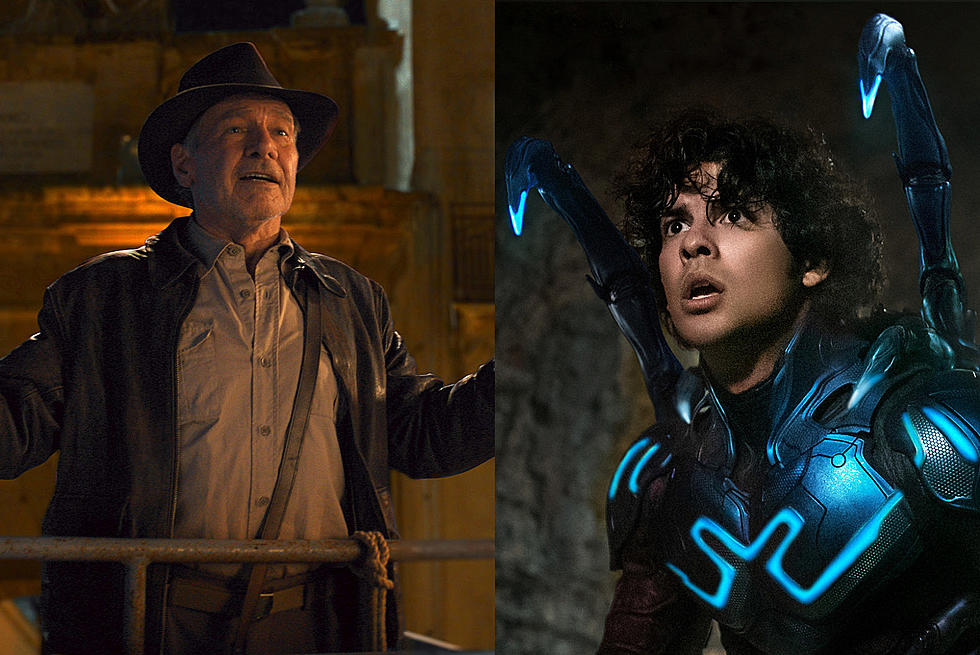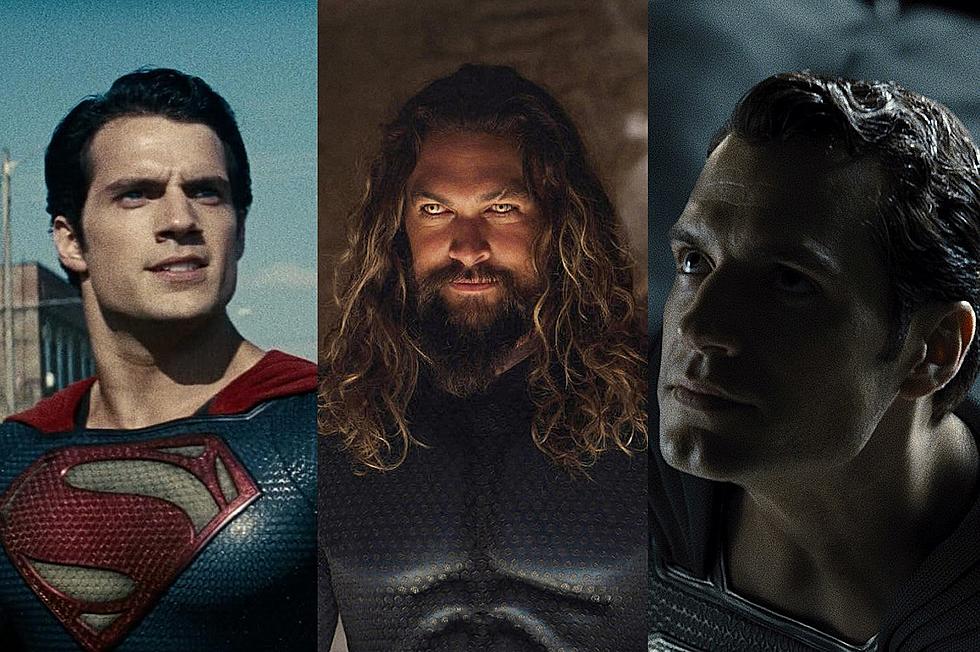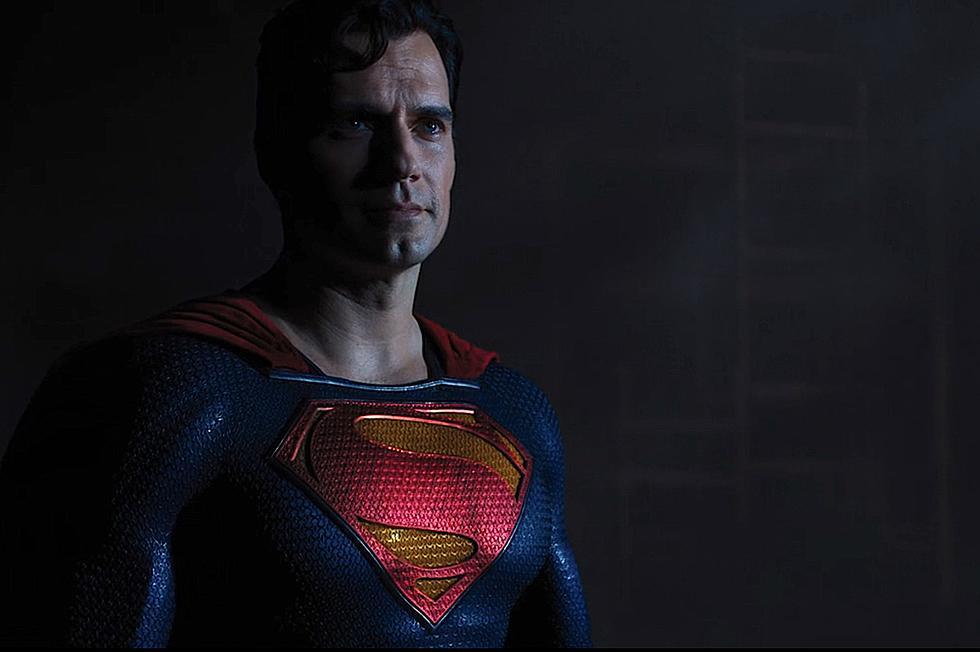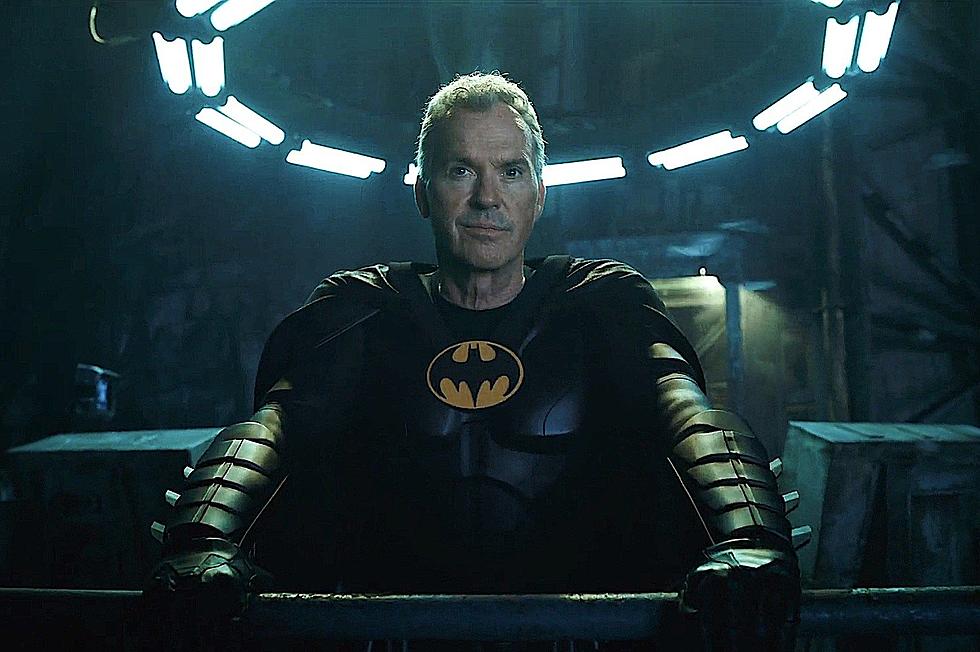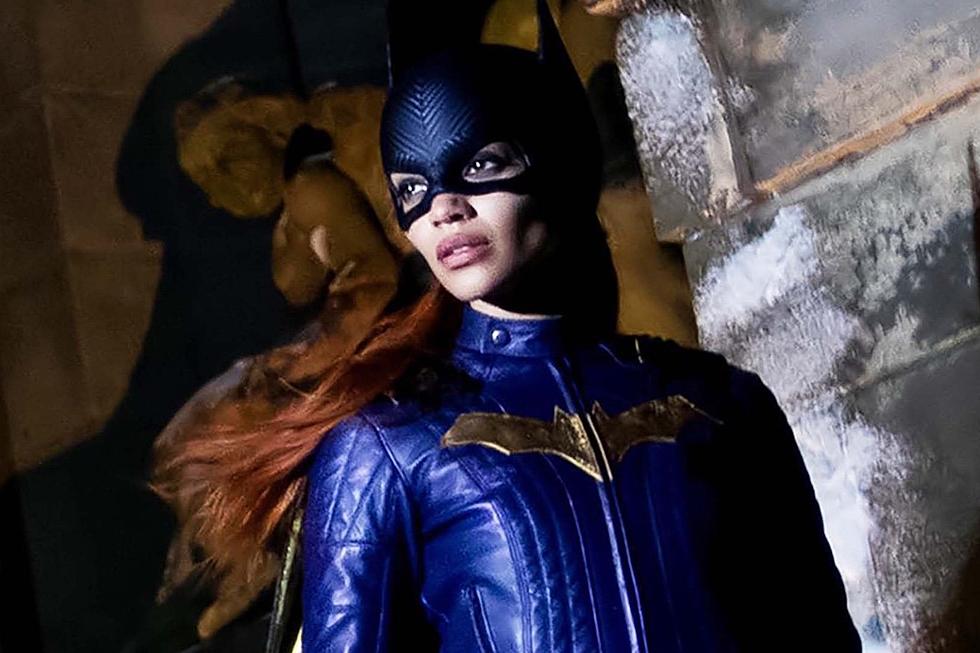
‘The Flash’ Review: ‘Rogue Time’
On Community, there’s the concept of the darkest timeline. Well, I think we just saw the lamest timeline on The Flash.
As expected, everything that was cool about last week was undone utterly, but rather than take advantage of a brand-new timeline to bring new cool into the fold, “Rogue Time” settles in and re-establishes the status quo in ways that don’t provide much in the way of wit or excitement. Look, time travel is hard, and exploring the concept of paradox in the space of a 42-minute episode is even harder. But it’s far from impossible, as plenty of other shows in recent memory have done. (The Lost episode “The Constant” springs instantly to mind.)
The episode keeps alluding to the fact that Time (capital T intentional) is the big bad this week, pivoting off a concept that Stephen King used in his recent novel 11/22/63. In that novel, a man who goes back in time to stop the Kennedy assassination finds that history itself resists change, and throws obstacles in his way in order to prevent something that seismic from happening. “Rogue Time” teases this out via Harrison Wells’ fear that the future will change, but after a quick drop in on Gideon, nothing in the episode feels like the “obdurate past” of the novel. Instead, it feels like The Flash is moving through the path of least resistance to undo all the important things it established last week.
It’s one thing for Barry, and the audience, to understand what did happen and what is happening now. But not even Barry got the whole picture, which made only one new scene this week really takes hold of the imagination: the Wells/Cisco scene near the end of the hour. Wells spends much time and energy getting Barry to retrace his steps as the Doc Brown to Barry’s Marty McFly, and seems to be bringing Cisco down for another round of “Murder My Semi-Son” in order to keep at least this part of the day intact. And yet, Harrison doesn’t kill Cisco, not because he’s foiled by bad timing but rather, much like Iris, isn’t forced by circumstance into drastic action. Had Wells killed Cisco here, THAT would have been a ballsy move to make, and served as a sucker punch after so much plot unwinding.
Look, I’m fine with The Flash not being a particularly ruthless show, but it does cause a problem when it butts up against true stakes and shrinks away as if suffering from something akin to lightning psychosis. The Rogues aren’t exactly groundbreaking villains, but they have fun chewing the scenery, and Wentworth Miller appears to be having the time of his life playing Captain Cold. I even liked how Barry talked Snart into a nonviolent détente, as he catered to Captain Cold’s intellect in reaching something akin to a treaty. But it’s hard to get worked up about the fate of Cisco’s piano-playing brother when we saw Cisco die last week and NO ONE REMEMBERS it. The only thing Barry remembers is that Iris had the hots for him when Sharknado was just off the coast of Central City, and now she doesn’t, and therefore time travel is just the lamest, man. Quick: Raise your hand if you’re happy that Iris has been reset! Didn’t think.
(This is the part where I want to point out that Cisco made a gun that turns things into gold, which essentially means The Rogues never have to steal anything again. They could buy $1 plates at IKEA and own most of the East Coast by summertime. Leonard Snart could flex his mental energy by getting the best bargains at flea markets rather than robbing casinos. OK, moving on…)
It’s a disappointing episode, because the show stepped up a big narrative plate and absolutely struck out. This does not bode well in terms of its handling of that OTHER upcoming paradox: The fight for Nora Allen’s life. At this point, it seems firmly established that Barry and Harrison will both go back. But while Geoff Johns handled time travel quite astutely on the pages of the comics, The Flash as a TV series (which Johns has a hand in producing) either has a budgetary or storytelling limitation of what it can do in this realm. I’m fine with Barry not essentially following himself around through the same day, but I’m also super confused how going back in time actually eliminated the old version of him from reality itself. If anything, the Barry that went through the wormhole should have followed the Barry that hadn’t gone through the wormhole without interacting with him. Having the previous Barry simply disappear took a lot of creativity out of “Rogue Time” almost instantly, tripping the episode at the outset.
Here’s hoping The Flash works out its current kinks in the final third of this first season. There are still solid elements aplenty, but there are simply too many competing factors at play. Those factors aren’t just inside the fictional world of the show, but inside the production of the program as well. The Flash unfortunately has yet to prove it can sustain a satisfying long-form narrative arc. Simply leaving breadcrumbs along the way of a full season of television does not make it serialized. This Spring, we’ve bounced from Harrison’s former protégé to a small and less-than-satisfying Firestorm arc into a botched time-travel experiment. Meanwhile, the cliffhanger from the Fall finale hasn’t been unaddressed but has been underserved. Sure, the show has dropped plenty of hints, but they have yet to coalesce into something substantial. We might know a little about what Eobard Thawne wants after last week’s episode. But it’s time for those in Central City to know as well. So long as they remain in the dark, The Flash will have a hard time getting out of first gear heading into the season finale.
More From ScreenCrush
